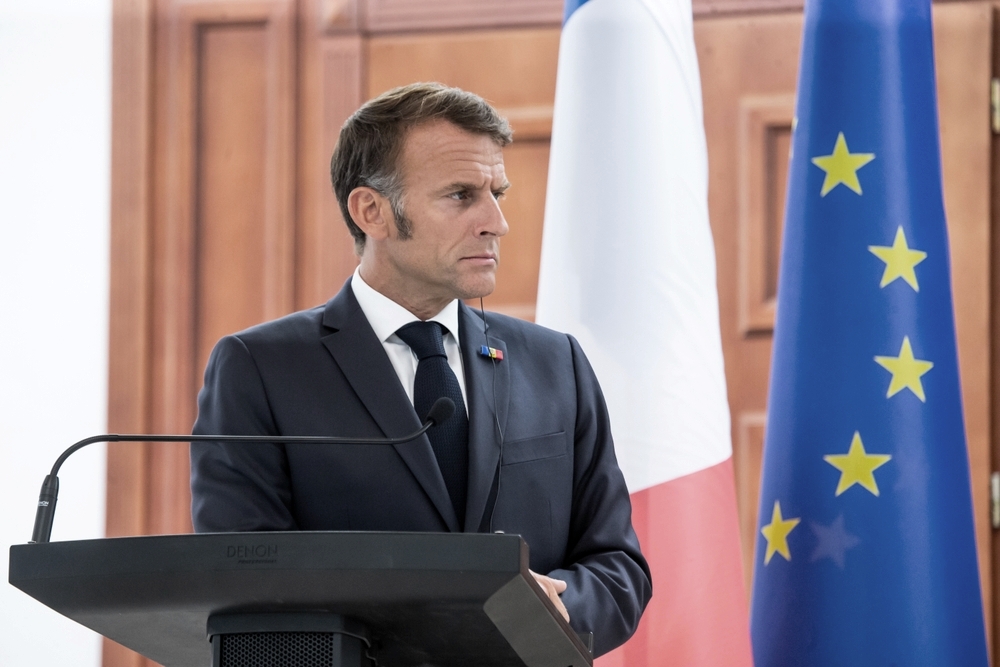Taking the Pulse: Does France's Political Crisis Weaken Europe's Geopolitical Hand?
While the EU tries to navigate a myriad international challenges, France is experiencing historic political disarray. What impact will instability in Paris have on Europe's geostrategic capacity?

- Contribution of Paul Maurice, Secretary General of the Study Committee on Franco-German Relations, Institut Français des Relations Internationales (IFRI).
The French political crisis weakens the EU's strategic cohesion as it disrupts the Franco-German relationship, recently revitalized by German Chancellor Friedrich Merz and French President Emmanuel Macron. The Franco-German Council of Ministers held in Toulon at the end of August set in motion numerous concrete projects for the future of Europe and its geopolitical priorities: security, defense, energy, enlargement, and strategic autonomy. Yet paralysis in Paris deprives Berlin of a partner capable of making decisive strategic choices.
Facing the war in Ukraine, an aggressive Russia, an assertive China, and a less reliable United States, Europe needs a functional Franco-German partnership to maintain a coherent diplomatic line. Without political stability in Paris, joint initiatives—such as the Franco-German Defense and Security Council or major European industrial programs (including the Future Combat Air System and Main Ground Combat System)—risk stagnating.
Berlin could find itself compelled to act alone or seek other alliances, thereby weakening the EU's collective ability to speak with one voice.
[...]
- Text published on the Carnegie Europe website.

Available in:
Themes and regions
Share
Related centers and programs
Discover our other research centers and programsFind out more
Discover all our analysesBundeswehr: From Zeitenwende (historic turning point) to Epochenbruch (epochal shift)
The Zeitenwende (historic turning point) announced by Olaf Scholz on February 27, 2022, is shifting into high gear. Financially supported by the March 2025 reform of Germany’s “debt break” and backed by a broad political and societal consensus to strengthen and modernize the Bundeswehr, Germany's military capabilities are set to rapidly increase over the coming years. Expected to assume a central role in the defense of the European continent in the context of changing transatlantic relations, Berlin’s military-political position on the continent is being radically transformed.
Merz’ European Policy-making: The End of the ‘German Vote’?
Friedrich Merz’s European ambition is to turn Germany, long seen as hesitant into a leading actor within the European Union (EU). To that end, he has pledged to end the “German vote,” a phenomenon that epitomizes the paradox of a country both indispensable and frequently absent from European decision-making.

Securing critical raw material (CRM) value chains – a prerequisite for Europe’s technological resilience
At the heart of economic security, technological resilience is a backbone of the European Union’s (EU) competitiveness. The EU’s energy and digital transitions depend on critical raw materials (CRM).

Reconciling competitiveness and demographic change: a Franco-German imperative
France and Germany are facing parallel demographic shifts that could reshape the future of their economies and their social models. These shifts reflect broader European patterns but are magnified by the central role both nations play in EU governance and competitiveness.










